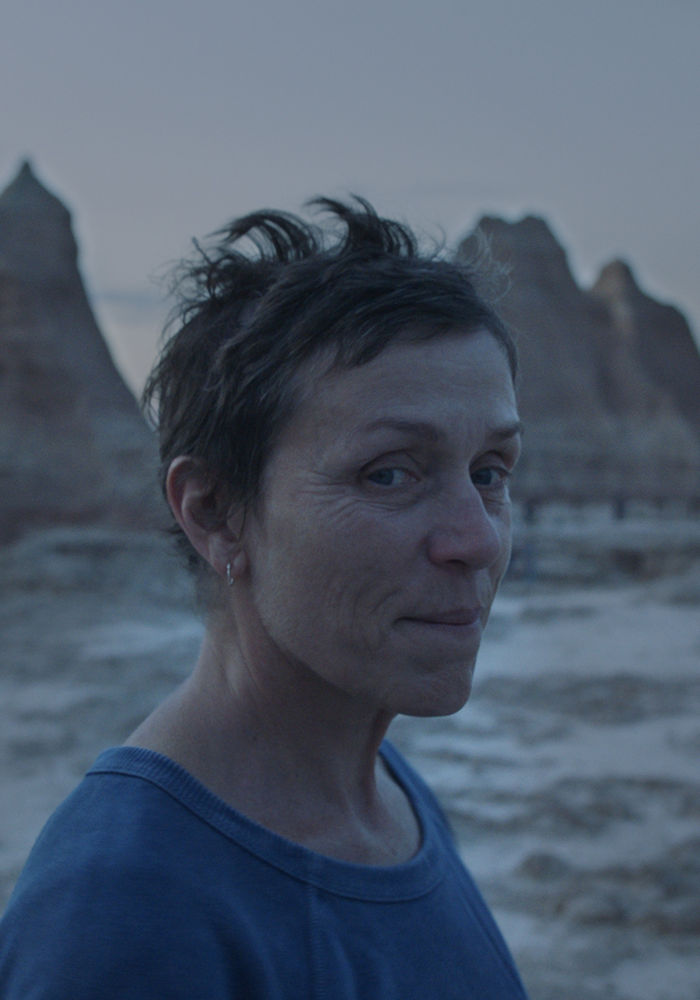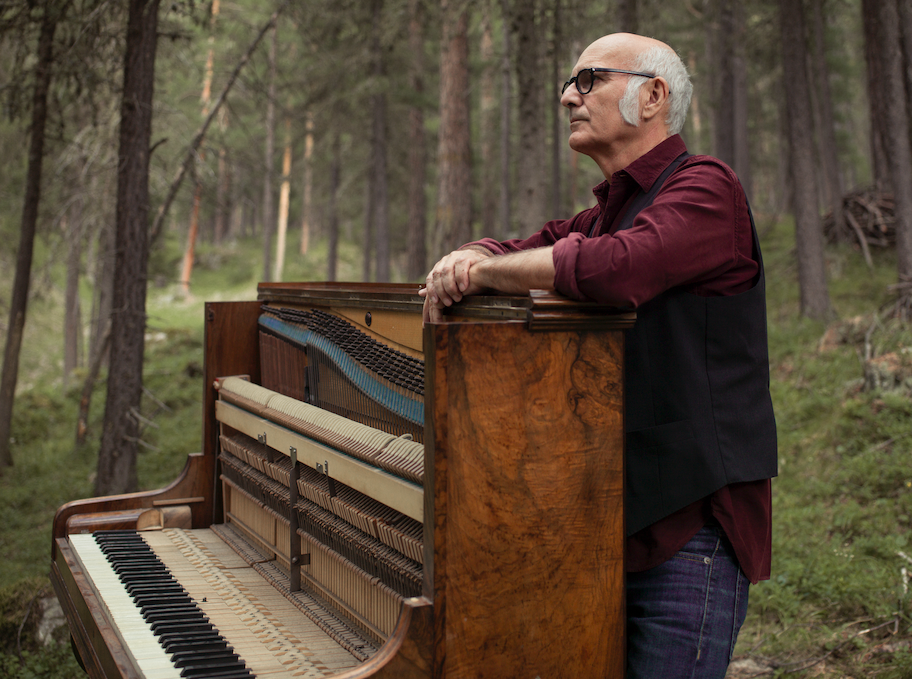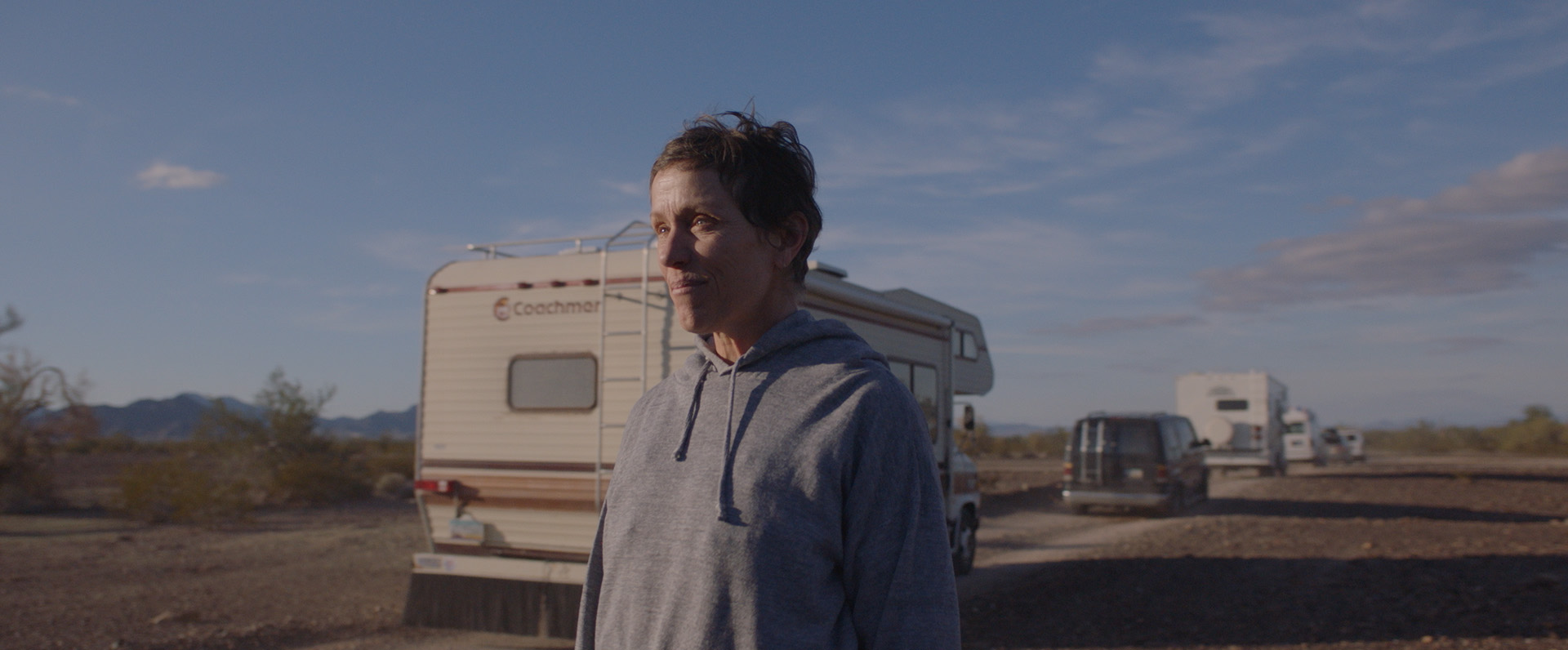With a career spanning three decades, composer and pianist Ludovico Einaudi’s captivating music has become some of the most recognizable in the world. Einaudi began composing film soundtracks in the mid ‘90s, and his melodic musings can be heard across a number of films and television productions, including This Is England, The Intouchables, I'm Still Here, the TV miniseries Doctor Zhivago, and most recently on the soundtracks to Oscar, BAFTA and Golden Globe-winning films Nomadland and The Father.
It’s likely you’ve heard one of Einaudi’s more famous pieces already, even if you can’t quite put your finger on where exactly you’ve heard it. That’s because his emotive composition, Nuvole Bianche was featured in the horror film Insidious, popular British TV drama, This Is England ‘86, and in a poignant scene in Ricky Gervais’ TV series, Derek.
Reflecting on one of his most well known compositions from his home in the picturesque Italian countryside surrounded by mountains and vineyards, Einaudi tells me that this particular piece is his very own gift from god:
“It's strange because when you write a piece of music, you can’t predict which piece is going to become popular,” he shares.
“When I wrote all the pieces on Una Mattina, I didn't know that Nuvole Bianche was going to become my number one piece. It's the most popular piano piece in my repertoire. It was composed when I was enjoying the first beautiful grand piano that I could afford in my life.
"I just moved into a new flat and I had these big windows where I could see the sky, and I remember it was spring and those beautiful white clouds were passing by like slow ships in the sky. The piece came about like this, without thinking too much.
"The best pieces come suddenly; you don't even know how they arrive! I consider them gifts from god, because when you have to write a piece of music and you think too much that you must write a good piece of music, sometimes it doesn't arise.
"I prefer to compose without purpose. Sometimes it's when you are not thinking too much, and your mind is more relaxed...it's in those moments that you write your best music.”






